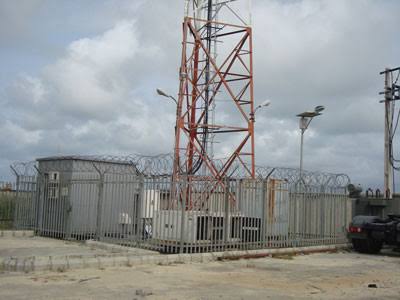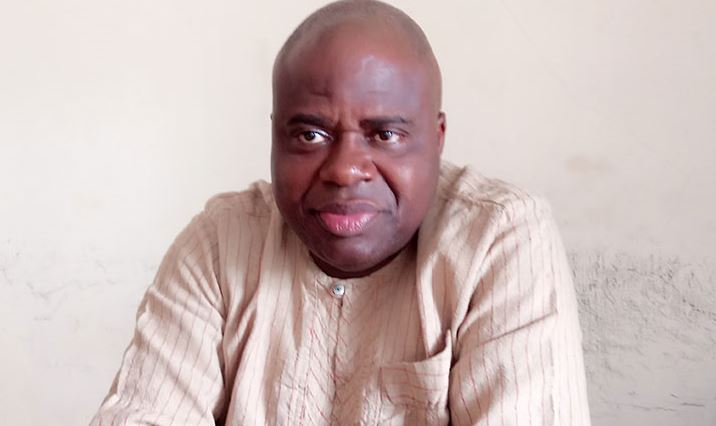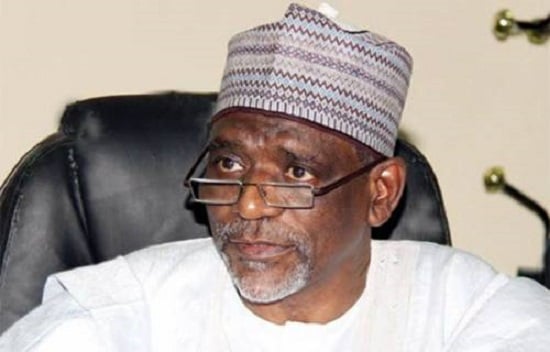The lizard family enjoys the ignominious homogeneity of lying prostrate on the ground, so it is difficult to say which one has a bellyache. Same would be said of our educational sector apropos technology. Before COVID-19, there were technology connections going on in as many schools as possible, mostly in secondary and tertiary institutions. It would be assumed then that things were going very well to stem any eventuality and laugh at failure in the face. Then the wind blew inform of an unexpected pandemic and the backside of the fowl revealed a non-too complimentary picture.
This writer is only fortunate to have a voice through a weekly column. He has wards in the country’s education system, both in public and private schools, from the primary, through secondary, to the tertiary institutions. He has seen bungled efforts on the part of schools, frenetic attempts to do something new and has also seen docility and acquiescence to failure by government institutions who have really not squared up to a new normal.
If this happened in 1999 it would enjoy some toleration because technology was mostly only for the marketers, some organisations projecting into the future, and the apostles in the guise of journalists who continued to sermonize about a world that looks more utopian than reality, but which for them was the only way to go. COVID-19 is only a painful reminder that, that future is here and we have missed the point very badly. Remember 1999? Our telecoms development was still being compared to that of Mongolia and the space to maneuver was strictured.
I had some moments of flashback over the weekend, looking at some of the activities of the Ministry of Communications and Digital Economy, and wondering whether, beyond the exaggerated sense of achievements, there is a way it can work with other Ministries, like the Ministry of Education, for Nigerians to truly enjoy the benefits of a digital ecosystem. For instance, the ministry houses the Nigerian Communications Commission (NCC) with its sub sect, the Universal Service Provision Fund (USPF), Galaxy Backbone Plc., National Information Technology Development Agency (NITDA), Nigerian Communications Satellite (NigComsat) Limited, and Nigerian Postal Services (NIPOST). Some of these agencies are businesses which is quite anomalous in a liberalized business environment in which government expects to attract some foreign investment. Reason being that anywhere government is involved in business directly, competition takes back seat, and favoritism and patronage become the real beneficiaries. One other reason that people are concerned with developments in the telecommunications industry is that the sector should occupy the heart of any genuine growth and development in the country only if it can be symmetrical with other sectors of the economy.
Advertisement
For instance, some of the agencies under the Ministry carry out a lot of tech build out programmes in secondary and tertiary institutions across the country, is it not possible to involve the Ministry of Education and NUC in the rollout process to ensure relevance and justifiable use of the projects? Is it not possible for the NCC and, through the USPF, properly map out a deployment process that will put the education sector at a point of advantage? Is it not also possible to ensure that organisations like MainOne are able to reach out to the education sector with a special pricing and thus be able to create a niche market?
And wait for this. NigComSat has a satellite in space and you will agree with me that a satellite out there without proper utilization is not more than an unidentified flying object (UFO) waiting to drop out there or simply just endanger the life of humans on earth. My idea is that NigComSat is a fluke, an idea oversubscribed through poverty of thoughts and deficient reasoning. Otherwise, the business should be able to sell satellite space to individuals and organisations who need such technology. I would think that part of its business would be to connect most of the institutions in the country and ensure they enjoy sustained internet connectivity. This way, the students are happy and NigComSat will make money. But what do we have? A government business that draws money from government to fund its budget instead of being self-sustaining.
Why should one think this way? We should always project into the future and expect things to happen, including bad ones. For instance, between 2014 and 2016 when the Ebola disease hit some West African countries, education was a major casualty. In countries that were really hit schools suffered closure for between six to eight months leaving millions out of school. Nigeria had a star performance in warding off Ebola: 19 infections and seven deaths. The world tried to study the Nigerian model.
Advertisement
However countries plan ahead for Education in Emergencies (EiM) – war could break out, there could be some natural disaster; how do we respond as a country?
COVID-19 had a global hit giving it the notoriety of a pandemic. The Nigerian government ordered the closure of schools on March 19, 2020. Unlike Ebola that was strategically tamed, COVID-19 assumed a frightening dimension and the government didn’t want to risk the safety of the students and the general well-being of the citizenry. Even now schools remain shut with exit students just starting their exams on Monday. COVID-19 effect on life including education is comprehensively disconcerting.
In her work, written for World Literacy Foundation, Education and COVID-19 in Nigeria: Tackling the Digital Divide, Taibat Aduragba Hussain made some inquisitions: “Considering the state of Nigeria’s education sector, pertinent questions arose: Do schools in Nigeria have the technology to cater for the 46million students affected? Do households have the facilities to engage their children in remote learning? Do teachers have the resources to deliver live lessons or record a massive open online (MOOC) styled lessons?”
The truth is that there are too many troubles facing the country at the moment. Even before the pandemic poverty was already dealing a mortal blow on the country causing us to become the poverty capital of the world, meaning that too many people, some stats say over 100million, live below one US dollar a day.
Advertisement
Those grinding out this corroding daily existence would not immediately be fascinated with digital education. It would interest you here to know that the Nigerian Communications Commission would always talk of the digital divide and the served and underserved areas.
The pandemic revealed the deep under-belly of the gulfs that exist in the industry demonstrated in the fact that most city dwellers seem to be years ahead of rural folks even when telecommunications signals are available in over 70 per cent of the country.
Without wanting to jump to conclusions, I posed one question to three gentlemen, one industry practitioner and two academics: Was Nigeria ready for the pandemic? “Engr Gbenga Adebayo, ALTON President observed that “as a people, culturally, we are too used to bricks and mortar, always with the notion that church and school must be within a confined environment without taking into consideration the lifestyle of today’s young people. The pandemic has shown that the church and school can be inside your electronic gadget – your phone, computer, iPad and other means of connectivity. We need to change our way of thinking”
A Professor of Mechatronics, Federal University of Technology, Minna, Prof Abiodun Musa Aibinu, was vehement in saying that “technically, our education system as a whole was not prepared for the pandemic and we were also a bit slow in our reaction.” While praising the National Universities Commission for developing capacity for open distant learning (ODL) and licensing some institutions to offer distant learning services, he requested of government to pay attention to research which has nearly been forgotten in the fight against COVID-19.
Prof Muhamed Bashir Muazu of the Ahmadu Bello University, Zaria, lamented the rot in the education system, pointing out that university lecturers under ASUU, were on strike even before the pandemic. “No. The no is not necessarily that we don’t have the facilities; even the people in the system are not skilled enough. The University system says we can’t go virtual because we are not ready to face reality.” Muazu warned that the world is leaving us behind. “There should be a policy that permits virtual learning, a policy that will compel us to do a serious rethink on the way we deliver content.”
Advertisement
Some people are already looking at the other side of a disease infecting millions and killing hundreds of thousands around the world, and asking for a traction between the telecoms industry and the education sector in order to extract meaning and advantage out of a painful moment in history.
Aihe writes from Abuja
Advertisement
Views expressed by contributors are strictly personal and not of TheCable.
Add a comment







